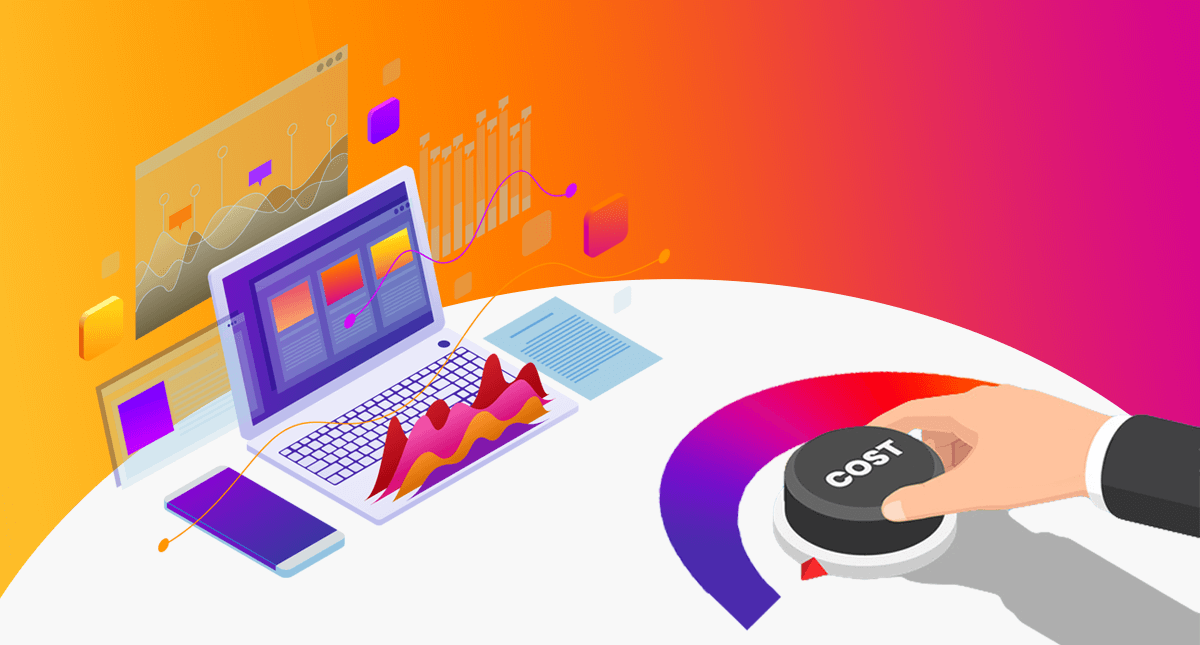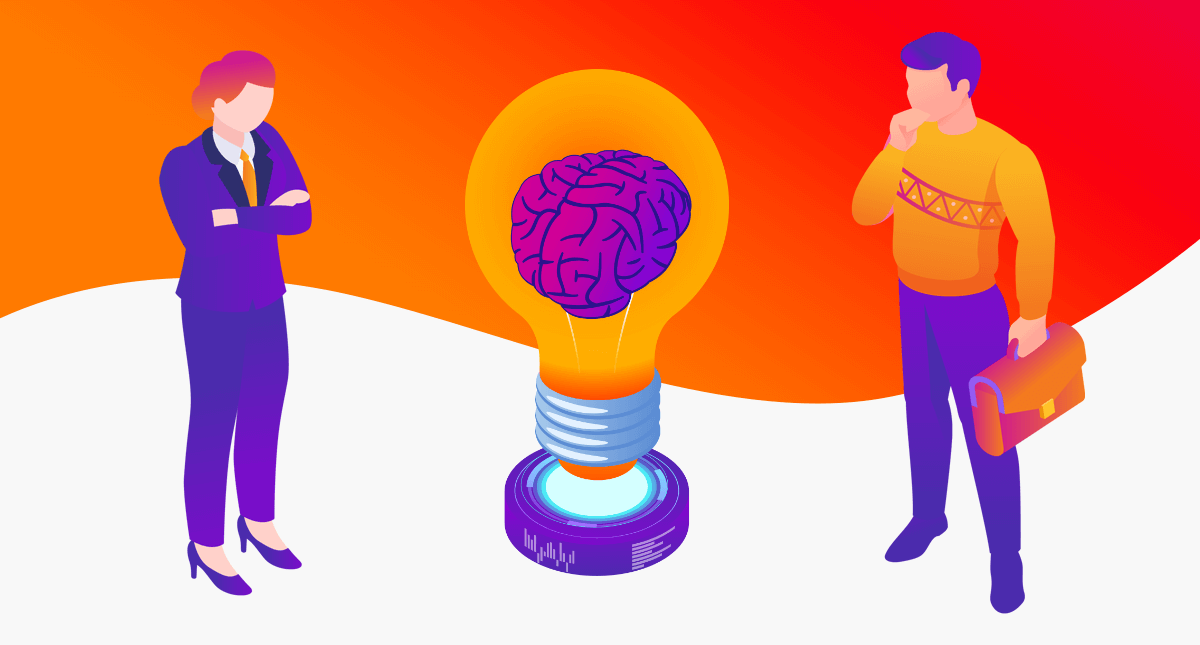
The World After – New Business – New Usual
GDP is slowing all over the world everywhere.
Economists warn that we face another 20 years of declining productivity, slow growth, steep unemployment, and increasing inequality. The economic downturn is fueling growing discontent toward governing institutions.
This narrative has been going on long before the outbreak of the coronavirus, and its resulted pandemic.
Thus, the trends and movement reshaping our societies over the past decade seem to be all more pertinent today, while the world suddenly had to stop and lockdown to slow the spread of Covid-19.
There is no doubt we are facing history in a certain way. This is a crisis; this is a disruption; this is an opportunity. It’s all a matter of perspective. We have no choice but to act now.
Agencies from the 1st and 2nd industrial revolutions
Looking at the overall world economy and the place of agencies within our society. The first full-service agency is said to have originated 180 years ago in 1840. In a sort, the agency is a “product” of the industrial revolution.
Agencies with the services and expertise they provide arise from the first industrial revolution, powered by coal and steam and connected with press and telegraph.
Like any other industry, agencies have improved and increased efficiencies throughout times going through the second industrial revolution powered by oil and connected through radio, telephone, and later TV.

Variation of the quantity of oil produced in the world (in Red) and of the world’s average GDP / capita (in blue). (Source: Jancovici.com – BP Statistical Review 2019 and the World Bank, 2019)
GDP/capita and oil production have been correlated for 50 years as oil was (and still is…) what is fueling our economies (no pun intended).
This 2nd industrial revolution peaked in 2008 when crude oil went above $147 the barrel.
Lately amidst the Coronavirus pandemic, WTI crude oil went at the historical value of -40$.
The 3rd industrial revolution
Some might see a terrifying signal here, but there is hope that we can break free from fossil fuels and come together to shape a new economy. The 3rd Industrial Revolution begins to happen as we are now able to move power and manage economic life in a completely new way. Thanks to a next-generation infrastructure: smart grid, autonomous transport, communication with The Internet.
In disregards of any political consciousness, favor or disfavor to green policies. The 3rd industrial revolution is happening because it will be economically the only viable option. Look at the market capitalization of the most valuable companies. The top 10 positions used to be held by oil-producing companies; nowadays, the GAFAs are the ones on the top of the leaderboard.
“Ok, but what it has to do with agencies?”
For many agencies, the business is already relying on the technology of this “new” era. Internet, big data, and open-source are part of our work lives, and it has been for quite a while already. It has allowed digital agencies to emerge in the early 2000s very quickly grow or be acquired by more traditional ones in the first wave of digitalization. Comparably, technology and data became more valuable than oil.
Agencies have been reshaping their models, and the world’s Big Five legacy agency companies (WPP, Omnicom, Publicis, Interpublic, Dentsu) continue to fight for survival against smaller agencies and consultancies. Yes, for us, the revolution has already begun, and it has reshaped the global balance of the service and the entertainment industry already, and it will not stop there.
In the US, AdAge reported that 2019 was the weakest growth for agencies since the 2009 recession.
US agency revenue growth, 2009-2019

And during the last few weeks, digital natives around the world have stayed home; agencies and companies enforced WFH (work from home) policies that are likely to last for some time when furlough and layoffs are not already happening.
The Great Lockdown
While it may sound like a blockbuster movie, this is the official name given by the International Monetary Fund to the recession-induced by the Coronavirus pandemic.
Which they describe as the “Worst Economic Downturn Since the Great Depression” with April World Economic Outlook projects global growth in 2020 to fall to -3 percent.
Comparison of the Great Lockdown previsions with the Global Financial Crisis of 2009 Source IMF


The Great Lockdown is an unprecedented crisis for two reasons.
First, we have agreed to it, and whether we want to run this math or not, it is a bit like trying to estimate how much is a human life worth.
Secondly: it has been induced by two economic chocs, a choc of offer and a choc of demand and this is pretty rare. A choc of offer because, since some industry and workers do not work, there are fewer products/services to buy. A choc on demand, because since businesses are closed and the situation is unstable, people tend to consume less and companies are canceling investments.
Solidarity or competitivity
Humans are fantastic and terrific species; we can solve complex issues or argue about them with the sentiment that nothing is going forward. With the pandemic, we all -almost all- agreed we should be kind to one another and try to do our best to slow the spread of the virus and limit the economic implications the lockdown have on many.
While we can argue that populism and the rise of isolationism might go in the opposite direction, various policies are trying to redistribute wealth. Over the past ten years, the idea of Universal Basic Income also became very popular since the economy functioning as an ecosystem would need consumers to have sufficient purchasing power to benefit the companies. Some form of basic income is already in place in some countries through benefits and government help; it is not universal or unconditional.
Thus the Coronavirus lockdown forced governments around the world to unlock funds towards helping citizens or companies in an unprecedented way. The idea behind this financial help is to avoid a recession by shifting the demand back to where it was before the lockdowns.
Not everybody will go through this crisis, but it might teach us a lesson. Solidarity and collaboration work together with growth and competitiveness.
Fair and transparent competition for all
From this acknowledgment and this sense of togetherness in the face of danger (or recession), sharing profit and sharing loss can help companies be more resilient to a crisis and provide more stability to employees. While companies still need to be competitive, there is an emphasis on human collaboration and solidarity. A trend that has already been reshaping our societies for decades.
In this context, Ad World Masters is hoping to guarantee equitable pitching, with client-agency matching to prevent spec work and toxic competition.
Join the Ad World Masters community to build a worldwide collaborative industry and future-proof your business.
Register for free today!

 Ranking
Ranking
